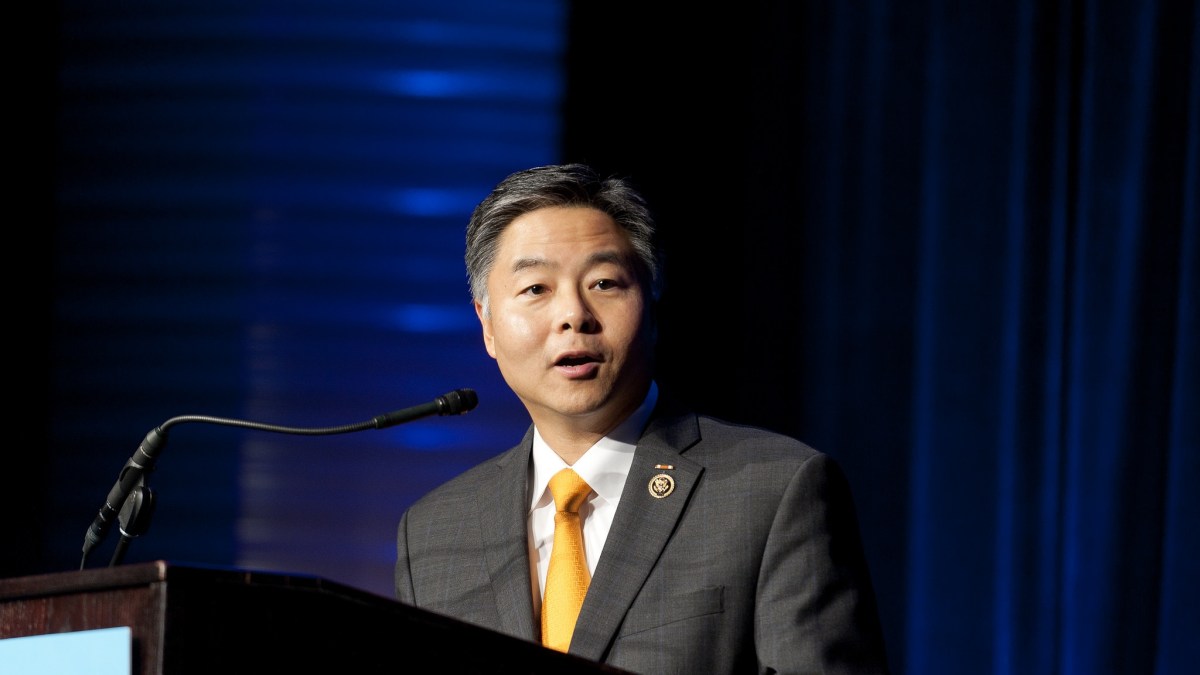Lawmakers introduce bill to save top White House cyber job after Bolton eliminated it

House Democrats on Tuesday introduced legislation to codify a top cybersecurity position at the White House following national security adviser John Bolton’s decision to eliminate the role.
The bill from Jim Langevin of Rhode Island and Ted Lieu of California would establish a National Office for Cyberspace in the Executive Office of the President – and a Senate-confirmed head of that office. That official would synchronize cybersecurity policy across agencies in much the same way that White House cybersecurity coordinator Rob Joyce was doing until he stepped down last week.
Against the backdrop of Joyce’s decision to leave the coordinator role and return to the National Security Agency, a power struggle over cybersecurity leadership at the National Security Council has ensued. Bolton ultimately decided to scrap the coordinator role. An aide to Bolton emailed NSC staff on Tuesday saying the move would help cut “another layer of bureaucracy.”
Politico was first to report on Bolton’s elimination of the cybersecurity coordinator position.
In testimony before a Senate committee Tuesday, Homeland Security Secretary Kirstjen Nielsen, who has private-sector cybersecurity experience, said she had not spoken to Bolton about his plans for the coordinator position.
In a statement, Langevin lamented Bolton’s move as “enormous step backwards” that de-emphasized “the importance of this growing domain within the White House. We need a designated expert to harmonize cyber policy across the many agencies in government with responsibility in this space.”
Lieu said that “a coordinated effort to keep our information systems safe is paramount if we want to counter the cyber threats posed by foes like Russia, Iran and China.”
Christopher Painter, the former State Department cybersecurity envoy, told CyberScoop that Bolton’s decision went against bipartisan recommendations on the issue and sent a bad signal to U.S. allies.
“Structure isn’t everything,” Painter said, but having a White House cybersecurity coordinator “does signal our prioritization of cyberspace to our partners and adversaries alike.”






